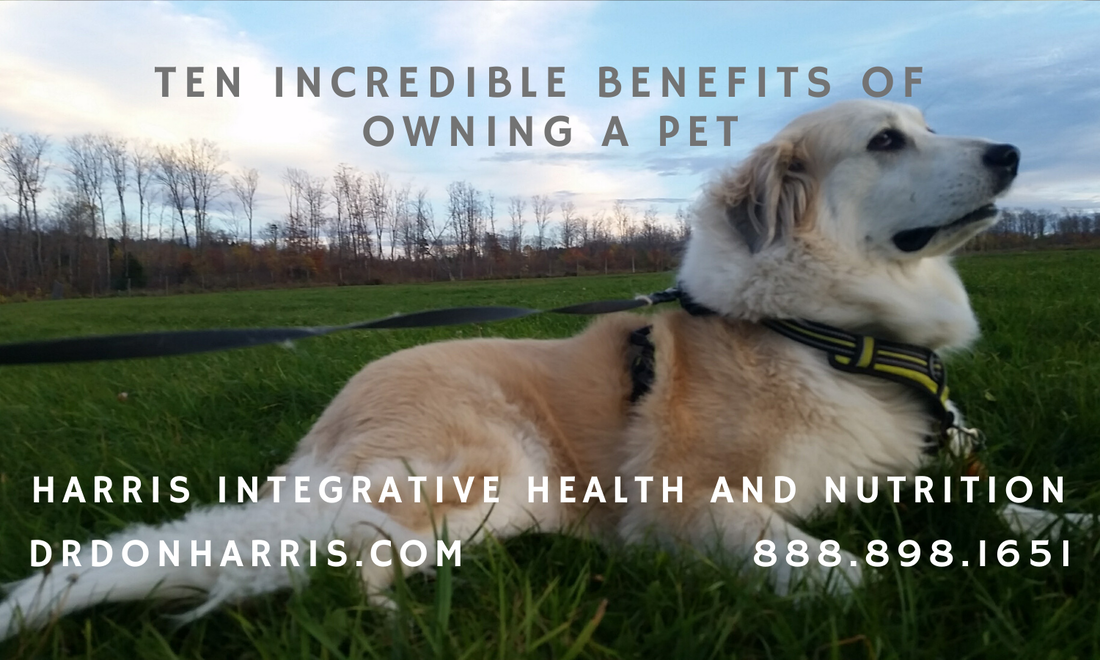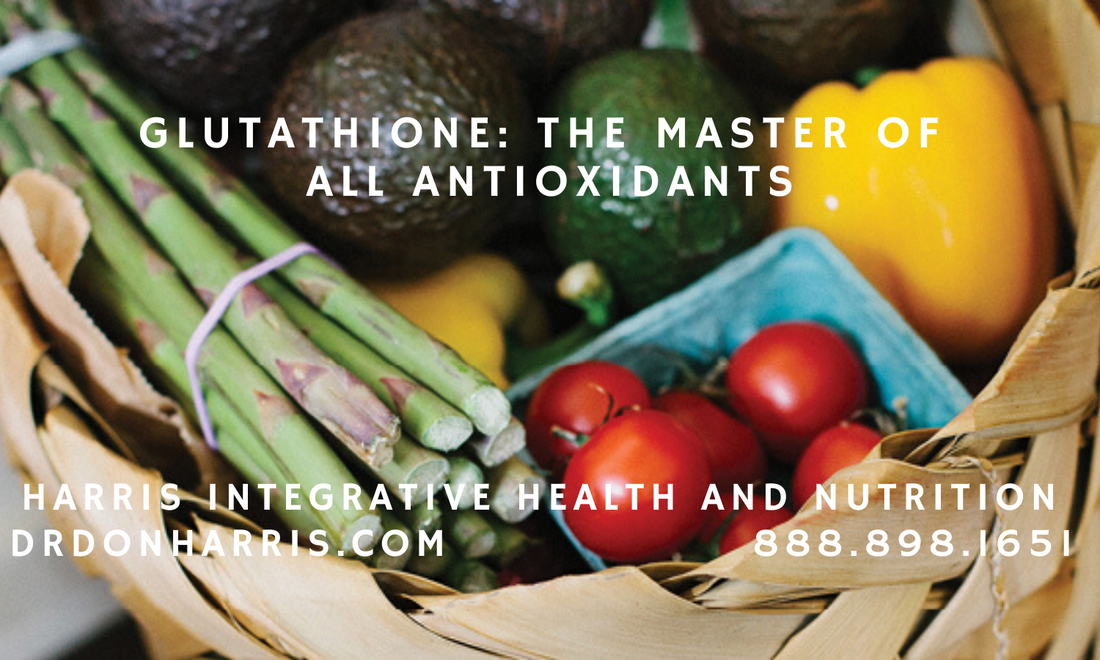 Pets help you brush off rejection One of the benefits of owning a pet? Thinking of your pet as part of the family could help you get over social rejection. A study in the journal Anthrozoös asked volunteers to think about a past experience when they’d felt rejected, then to name a photo of a cat, dog, person, or toy. When asked about their feelings again, those who named an animal or a toy with humanlike qualities felt less negatively than those who’d given names to people. The researchers say people inclined to treat animals or objects like people (like when you talk to your pet) are also more prone to having traits like empathy and unconventional thinking to guard them against that negativity. Pets make you less lonely Loneliness has been associated with heart disease, Alzheimer’s disease, and other negative outcomes, but older adults who owned pets were 36 percent less likely to say they were lonely than those who didn’t have a furry friend, according to a study published in Aging & Mental Health. Especially among those who live alone, a pet could offer social interaction when other people aren’t around, the authors report. Pets provide major buffer against stress A small Swedish study found that female volunteers had lower levels of the stress hormone cortisol 15 to 30 minutes after petting a pooch. Having your own dog could give you even more benefits. Participants who owned dogs had increased levels of the happy hormone oxytocin between one and five minutes later, and their heart rates were lower up to an hour later—but those without canines of their own didn’t get those same benefits. Pets protect your heart Owning a cat could lower your risk of dying from heart disease, a study in the Journal of Vascular and Interventional Neurology reports. The researchers found that those who said they’d owned a cat at some point in their lives had a lower risk of dying of a heart attack during the 20-year study than those who’d never owned one. Cats might help relax people during stress, or cat owners might tend to have traits that make them less at-risk, the study authors say. Pets help keep your brain sharp Research published in Anthrozoös found that older homebound adults who owned cats or dogs had better executive function (the skills you need to pay attention, remember details, and use past experience to decide how to act) than those who didn’t own a pet. Pets encourage you to get more exercise Of course your pup needs walks, but that stroll is good for your health too—and dog owners don’t just use those jaunts to replace the exercise they’d do otherwise. A Michigan State University study found that one of the benefits of owning a pet are that people who own dogs exercise about half an hour more per week than those who don’t live with a dog. Pets ease your pain The benefits of having a dog don’t stop with walking. Spending time with your pet might help keep you off pain meds. A study in Anthrozoös found that adults who spent five to 15 minutes with a dog after joint replacement surgery used less pain medication than those who didn’t have animal-assisted therapy. Pets make your kid less likely to have allergies Babies with pets in the house are less likely to develop allergies later in life, according to a study in Clinical & Experimental Allergy. The study found that 18-year-olds who’d had a cat or dog in the family when they were less than a year old were about half as likely to be allergic to that animal as those who didn’t have an animal in the house. But early-life exposure is key—adopting a pet later as an adult won’t help your immune system in the same way. Pets might help your child take better care of her blood sugar Nine- to 19-year-olds who help take care of a pet are better at managing type 1 diabetes than those who aren’t responsible for a pet, according to a small study in the journal PLoS ONE. Kids who actively cared for a pet—not just saying they loved the family’s cat or dog—were 2.5 times more likely to keep up healthy blood sugar levels, the study found. The authors say kids who are in charge of pets might feel more responsible and be more used to routines. Pets can help fight cancer One of the incredible benefits of owning a pet might be in their ability to help detect cancer. According to a study published in British Medical Journal, dogs can accurately sniff out early stage bowel cancer with a surprisingly high degree of accuracy. A specifically trained Labrador completed 74 sniff tests, comprised of breath and stool samples. With these tests, the dog was able to correctly identify which samples were cancerous in 33 of 36 breath tests and 37 of 38 stool tests. Scientists indicate that there is also additional research and anecdotal evidence of dogs being able to accurately sniff out other forms of cancer as well, such as bladder, skin, lung, breast, and ovarian cancer Antioxidants and detoxification are more than just marketing buzzwords. With health care professionals talking more and more about the importance of detoxification, almost everyone understands that antioxidants play a crucial role in this process and in optimizing overall health. There is significant clinical data that indicates a good detoxification protocol is a must for individuals with chronic illnesses.This patient type in particular needs to reduce their toxic burden as a first step in their healing process.
Clinically, we’ve learned a lot about how antioxidants work in the body, and their ability to soak up reactive oxygen species and rid these toxins from the body. Glutathione is an antioxidant that plays a critical role in detoxification and boosting immune health. Perhaps you are reading this and thinking, “I have been on detox protocols, but glutathione was not included due to its low absorption when consumed.” Let’s dive into this conundrum more and talk about how this line of thinking is no longer relevant based on current research and evidence. What is glutathione? Glutathione is a tripeptide made with three amino acids, glycine, L-glutamic acid, L-cysteine. It is found in every cell in the body and is heavily concentrated in the liver, where it plays a key role in Phase II detoxification. Toxins, as we know, can be found in the air from pollution, food from glyphosates and in water where trace elements often reside. Living a modern lifestyle has its downsides when toxic burden in the body increases as a result of poor diet, stress, mold and EMF exposure. As this burden increases, the body’s ability to keep up with the demands of ridding these toxins decreases, resulting in oxidative stress. This is where a little extra help from antioxidants like glutathione can make a huge difference. The molecular structure of glutathione allows it to chelate toxic elements as they are sequestered, transported and excreted. This is mainly due to the thiol group (sulphur-containing molecule) found in the glutathione molecule. Sulphur acts as a sticky glue that can scoop up toxins and free radicals easily and excrete them. When should glutathione be supplemented? Let me start by saying our bodies can make glutathione on their own. When the body suffers from oxidative stress, the demand for antioxidants like glutathione also increases, and the supply does not meet this demand. We can clinically assess if this is the case with a simple blood/urine test looking at glutathione levels, pyroglutamate levels and oxidative stress markers such as 8-Hydroxy-2-deoxyguanosine (8-OHdG). In this situation, it is important to consider supplementation. Furthermore, the synthesis process involves the precursor molecule N-acetyl cysteine and the rate-limiting enzyme glutamate cysteine ligase (GCL). Our genetic makeup can significantly impact glutathione levels. If there is genetic variability where transcription of important enzymatic proteins is affected, then there is a direct impact on glutathione levels in the body. A major culprit that causes these genetic variations or mutations is single nucleotide polymorphisms or SNPs. Some of the most important genes include GSTM1, GSTP1 and SOD2. These genes support the synthesis and maintenance of healthy levels of glutathione in the system. When there is evidence of SNPs of these genes, supplementation is warranted. Do delivery forms matter? For any orally consumed supplement, the most frequently asked question is, “Is it well-absorbed?” There has been ongoing research to find a solution that delivers “bioavailable” oral forms of glutathione. The debate as to the best delivery system continues, and there are several forms available in the market including oral, sublingual, transdermal and liposomal and each is marketed as a superior delivery system. With this being said I believe that glutathione is not absorbed by your intestines to make a significant contribution to assist in antioxidant protection. An easier and much better way to produce glutathione is to take a supplement called N-acetyl cysteine. NAC is valued primarily for its role in antioxidant production. Along with two other amino acids, glutamine and glycine, NAC is needed to make and replenish glutathione. |
Archives
April 2022
Categories
All
|


 RSS Feed
RSS Feed